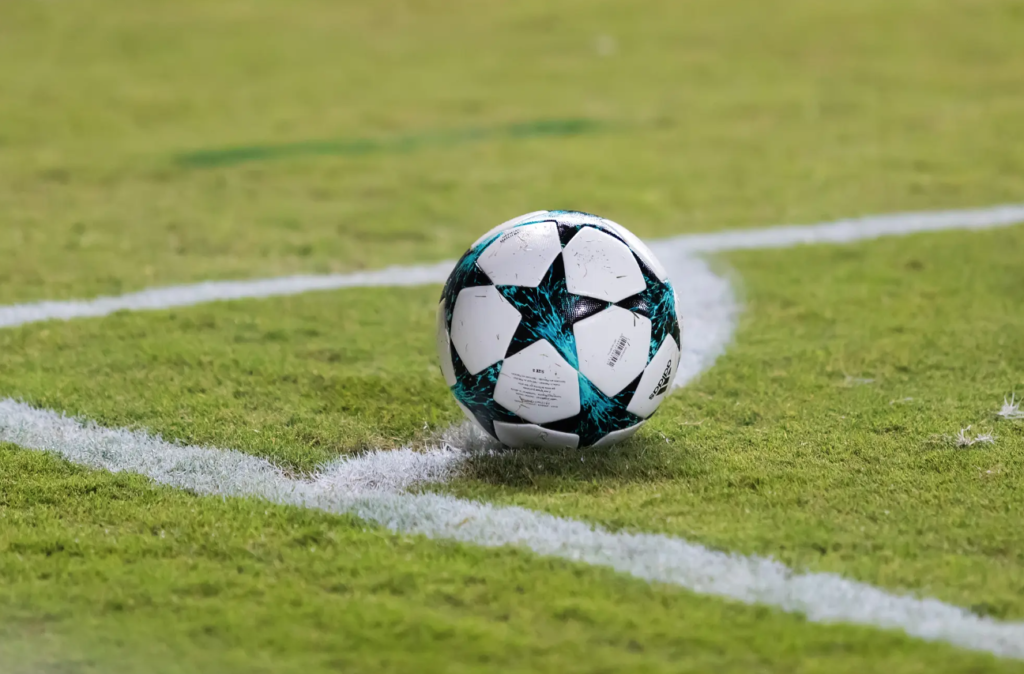The Union aims to incorporate the “4R” approach in all operations: reduction, re-use, recycling and recovery
(Sustainabilityenvironment.com) – On Wednesday, 8 September, as part of Zero Waste Week and the launch of the 2030 UEFA Football Sustainability Strategy, the Federation presented new guidelines on the circular economy, one of the 11 pillars of the Strategy. The preparation of the document was attended by industry experts from all over European football, politicians and entrepreneurs.
“The circular economy is an important pillar of UEFA’s 2030 Football Sustainability Strategy – said Michele Uva, UEFA football’s social manager – I can’t wait to see these guidelines translated into tangible actions within UEFA, through UEFA events and collaboratively across European football to help us achieve our ambitious goals around zero plastic waste and food waste.”
UEFA guidelines for the circular economy
If you ask yourself what is the circular economy applied to sports, especially at certain levels, you might find that the world of football can also make an important contribution. The regulation presented by UEFA in recent days aims to optimize the consumption and life cycle of products, with attention to food, packaging and branded, during the activities and public events of the organization.
The ultimate goal is to achieve the “4R” approach (reduce, reuse, recycle and recover) in all operations by 2030, thus contributing to the reduction of the environmental impact of football on the environment.
Read also Forest Green Rovers is the first sustainable football team
The document is divided into three sections: one explaining what is meant by the circular economy and the 4R approach; one listing the good practices of circular economy in food and beverage, applicable to the football sector; Finally, the next areas in which UEFA intends to take an interest in the circular economy, which are energy and water, clothing and equipment and materials for events.
The Circular Economy Guidelines will be a tool for all UEFA national associations, leagues and clubs, but also for sponsors, event organizers and other stakeholders, to bring the world of football towards the 2030 goals. Already last season many clubs tested the proposed ideas, creating a database of good practices, built thanks to a collaborative approach.
Emmanuelle Maire, head of unit for circular economy, directorate general for environment, European Commission: “We welcome the launch of the UEFA circular economy guidelines. We encourage clubs, national associations, players and supporters to reduce their environmental impact by taking concrete actions such as reducing food and plastic waste, separating waste, using reusable products or buying green with the EU Ecolabel. We very much look forward to the UEFA’s forthcoming measures to reduce energy and water use. Together, we can unite our efforts and drive the transition to a sustainable and circular economy.”

